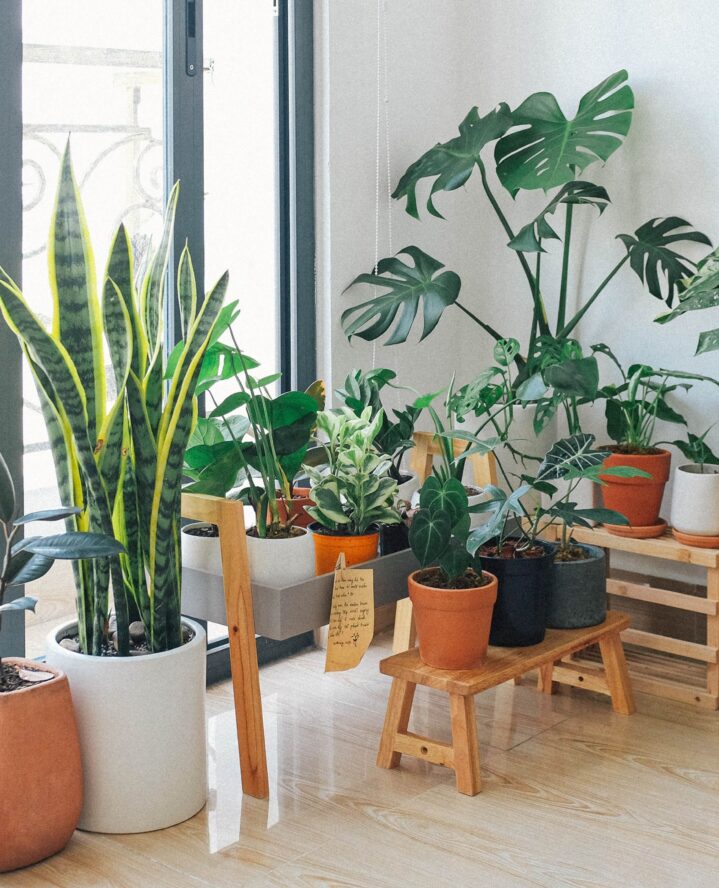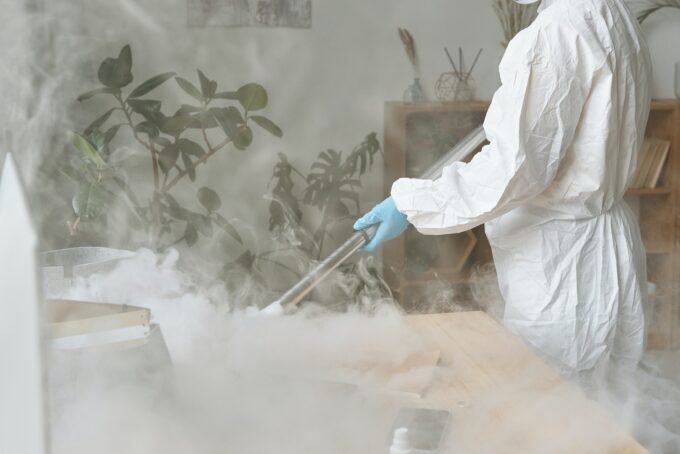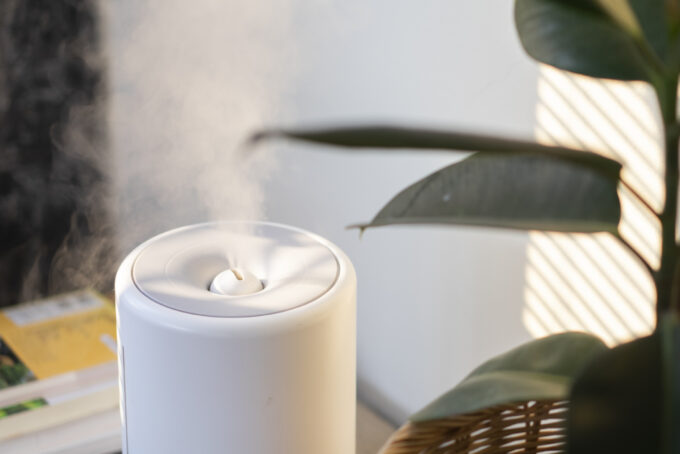It is important to maintain good air quality in your home to ensure your physical health and wellness. Indoor air quality refers to the amount of pollutants and allergens in the air inside your house, which can have a significant impact on your respiratory system, allergies, and health in general.
Why Having Clean Air Is Important
Having clean air is important for the proper functioning of our lungs. When the air inside our homes is polluted with dust, pet dander, pollen, mold spores, volatile organic compounds (VOCs) from household products and tobacco smoke, it can cause respiratory issues like asthma, allergies, and infections. These pollutants can cause irritation and trigger asthma attacks or allergic reactions. By improving indoor air quality, you can reduce the risk of respiratory problems and enjoy healthier lungs.
Improving the air quality in your home can help you sleep better and feel more relaxed. Air pollution can interfere with your sleep, causing problems with falling asleep or staying asleep. When you breathe in clean air, without contaminants or pollutants, your body can rest better and recover more effectively.
Studies have demonstrated that high levels of indoor pollutants can harm cognitive abilities such as memory, attention, and problem-solving skills, while improving air quality can boost cognitive function and productivity. By decreasing pollutants and increasing oxygen levels, you can cultivate a healthier setting that fosters mental clarity, focus, and productivity.
Lastly, clean air is important for a healthy immune system. When air quality is poor, the body works harder to fight off pollutants and allergens. This can weaken the immune system and increase the likelihood of getting sick. Keeping your home’s air clean helps support optimal immune system function and fight off illnesses.
How To Improve the Air Quality in Your Home
Maintaining a healthy environment includes having clean air. Improving the air quality in your home is an important part of any health and wellness routine, whether you live in a studio apartment or a spacious house. If you want to learn how to improve the air quality in your home, here are six tips to follow:
Increase Ventilation
To improve the air quality in your home, increase ventilation by opening windows and doors when the weather permits. This will help remove stagnant air and allow fresh outdoor air to replace indoor pollutants. Also, use exhaust fans in kitchens and bathrooms to eliminate pollutants and excess moisture effectively.
Installing these fans can help to eliminate cooking odors, steam, and humidity, which can cause mold and mildew. By ensuring adequate ventilation, you can create a healthier living environment with better air quality. This will reduce the concentration of indoor pollutants and provide a fresh air supply throughout your home.
Keep Your Home Clean
Another way to improve your air quality is by keeping your living space clean and reducing the buildup of dust, pet hair, and other allergens. Make sure to regularly clean and dust all surfaces in your home using a damp or microfiber cloth to capture and remove dust efficiently. Vacuum carpets and upholstery frequently to get rid of trapped particles and allergens.
For best results, use a vacuum cleaner that has a HEPA filter. Also, use a damp mop to clean hard floors and capture any leftover dust or allergens. This cleaning routine will reduce the amount of airborne particles, which can lead to respiratory issues and allergies. By keeping your home clean and free from dust and allergens, you can create a healthier and more comfortable living environment for you and your family.
Invest in an Air Purifier
For better air quality at home, you can use air purifiers with HEPA filters as they are great at capturing and removing small particles from the air like dust, mold spores, pollen, and pet dander.
Strategically place the air purifiers in the rooms where you spend most of your time, like the living room or bedroom, as these are areas that need clean and fresh air the most. The purifiers will continuously filter the air and reduce the concentration of airborne allergens and pollutants.
Control Humidity Levels
Managing humidity levels is also important for maintaining a healthy air quality. Excess humidity can create an ideal environment for the growth of mold and dust mite populations. To address this, dehumidifiers can be used in high-humidity areas like bathrooms and basements. By pulling moisture from the air, these machines can help maintain an optimal humidity range of 30% to 50%, which is considered both comfortable and less conducive to mold and dust mites.
To control humidity levels, apart from using dehumidifiers, there are other helpful practices to follow. Use exhaust fans in bathrooms and kitchens to remove moist air. Promptly fix any leaks or water damage to avoid moisture accumulation. To reduce humidity, use air conditioning or fans to circulate air. To prevent the addition of excess moisture to the air, avoid drying clothes indoors.
Select Appropriate Houseplants
Incorporating air-purifying houseplants like snake plants, spider plants, peace lilies, and pothos is also helpful. These plants filter pollutants from the air and emit oxygen, which helps to maintain a healthier environment. You can place them in specific locations where pollutants commonly build up or where you spend most of your time, such as living rooms, bedrooms, and kitchens.
To keep your plants healthy and improve air quality, make sure they get enough light, water them properly, and dust their leaves. While plants alone may not drastically improve air quality, they can work well alongside other methods. Be sure to pick pet-friendly plants if needed and seek advice from a nursery on what options will work best for you. Enjoy the beauty of your plants and the benefits of cleaner and fresher indoor air.
Change Your Filters
Remember to change the filters in your forced-air heating or cooling system regularly. The filters are responsible for trapping dust, pollen, and pet dander, among other airborne particles, so they don’t circulate throughout your home. Refer to the manufacturer’s guidelines for the recommended frequency of changing the filters, which is typically every one to three months.
Use high-quality filters with a high MERV rating to effectively capture small particles. Turn off the HVAC system, follow the manufacturer’s instructions to remove the old filter and insert a new one. Regularly replacing filters can improve air quality, ensure system efficiency, and reduce energy consumption. To remember to change filters regularly and maintain a healthier living environment, set reminders.
popular posts
- 1It’s Black Business Month, So Let’s Go Shopping and #BuyBlack!
- 2These Home Decor Items Will Instantly Make Your Space Look Outdated
- 3Black-Owned Home Decor Stores To Support Across the United States
- 4A Look Inside Elon Musk's Tiny $50,000 House
- 57 Black and Multicultural Designers To Follow For Design Inspo
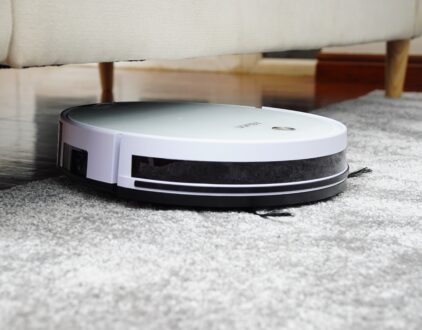
Home & Texture Editor's Picks: The 5 Best Vacuums on Amazon
by Stephanie Taylor | February 2, 2023

7 New And Bestselling simplehuman Products To Help Your Home Run Smoothly
by Stephanie Taylor | February 15, 2023
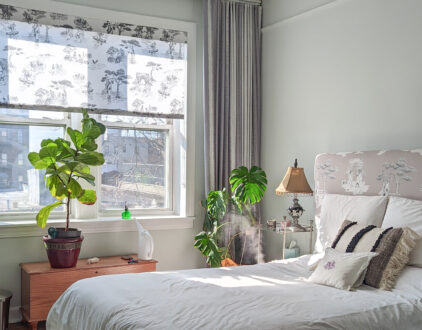
Product Review: Here's What We Think About The Levoit LV600s Humidifier
by Nneya Richards | February 22, 2023
Spaces
Whether it’s luxury or ease, every area of your home should be as fabulous and unique as you.
How To Manage Indoor Humidity for Maximum Home Comfort
by Brittni Williams | June 22, 2023
Hunker Down: 5 Emergency Goods To Stock Up on in Times of Crisis
by Brittni Williams | June 12, 2023
How To Create a Safer Home Environment Without an Alarm System
by Brittni Williams | June 13, 2023
FOLLOW ALONG ON INSTAGRAM
#homeandtexture
Find us on social for more home inspiration where culture, personal style, and sophisticated shopping intersect to help you create a home where you love to live.
